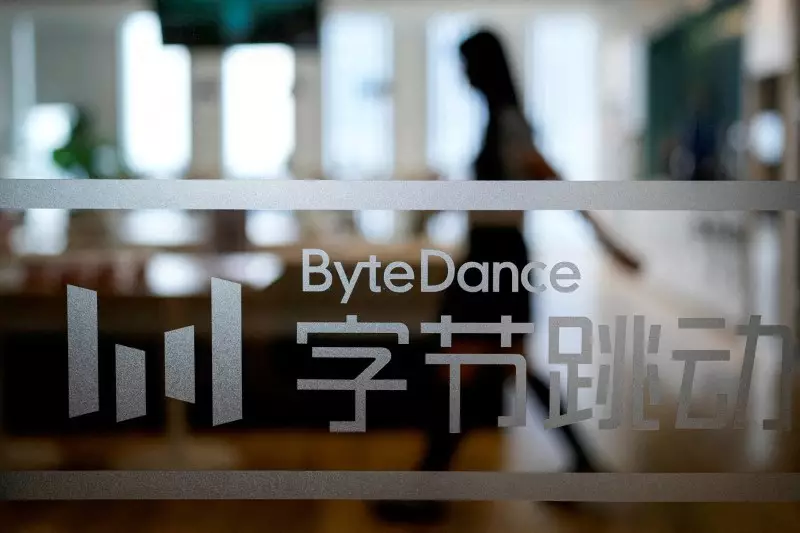In a climate rife with regulatory scrutiny and geopolitical tensions, ByteDance, the Chinese tech conglomerate that owns TikTok, has pegged its valuation at a staggering $300 billion. This valuation comes in light of an internal buyback proposal, wherein ByteDance expressed intentions to repurchase shares at approximately $180 each. This development signifies not only the company’s financial resilience but also reflects its relentless pursuit of stability despite significant external pressures.
The investment sentiment surrounding ByteDance has shifted notably in recent months, particularly with the changing of the political guard in the U.S. Investors reportedly view the potential return of Donald Trump to the White House as a mitigating factor for TikTok’s struggles in the American market. Interestingly, Trump’s past criticisms labeling TikTok a national security risk seem to be clouded by his acknowledgment of TikTok’s competitive value against platforms like Facebook and Instagram. During a Bloomberg BusinessWeek interview, he remarked, “I’m for TikTok because you need competition,” indicating that even he recognizes the app’s role in fostering a diverse tech ecosystem.
Regulatory Tightrope: Balancing Business and National Security
However, the euphoria surrounding ByteDance’s valuation is tempered by impending legislative actions. A recent law enacted by President Joe Biden grants ByteDance a tight deadline, compelling the company to divest its interests in TikTok by January 19, lest it face a potential ban in the U.S. This is indicative of a broader trend in which national security concerns overshadow commercial interests, particularly for platforms with roots in China. The Biden administration has signaled a robust intent to eliminate Chinese ownership of TikTok due to apprehensions about data security and foreign influence, which places ByteDance in a precarious position.
In response to these legislative pressures, TikTok and ByteDance have initiated legal proceedings in a U.S. federal court aiming to challenge the constitutionality of the recent law. This legal maneuver underscores the company’s aggressive stance in protecting its operations against what it perceives as unjust regulatory measures. The outcome of this lawsuit will dramatically shape the future of TikTok in the U.S. and are closely watched by investors and users alike.
Market Dynamics and Consumer Sentiment
Amidst the regulatory whirlwind, TikTok continues to enjoy immense popularity, boasting a user base of approximately 170 million Americans. This engagement has not only bolstered its market position but has also contributed to the company’s valuation stability. The app’s unique format and ability to cultivate viral trends keep users captivated, ensuring its relevance in an ever-evolving digital landscape. As TikTok navigates the intersection of innovation and regulation, its ability to adapt and respond to these market dynamics will be pivotal.
While ByteDance projects a formidable financial posturing with its $300 billion valuation, the swirling clouds of regulatory challenges and market uncertainties pose critical questions about its future operations within the U.S. The interplay between competition, governance, and consumer preferences will undoubtedly dictate the trajectory of TikTok and its parent company’s strategies. Whatever the outcome, the next few months will be crucial in determining not just TikTok’s fate, but also the future of transnational tech enterprises in an increasingly polarized world.

